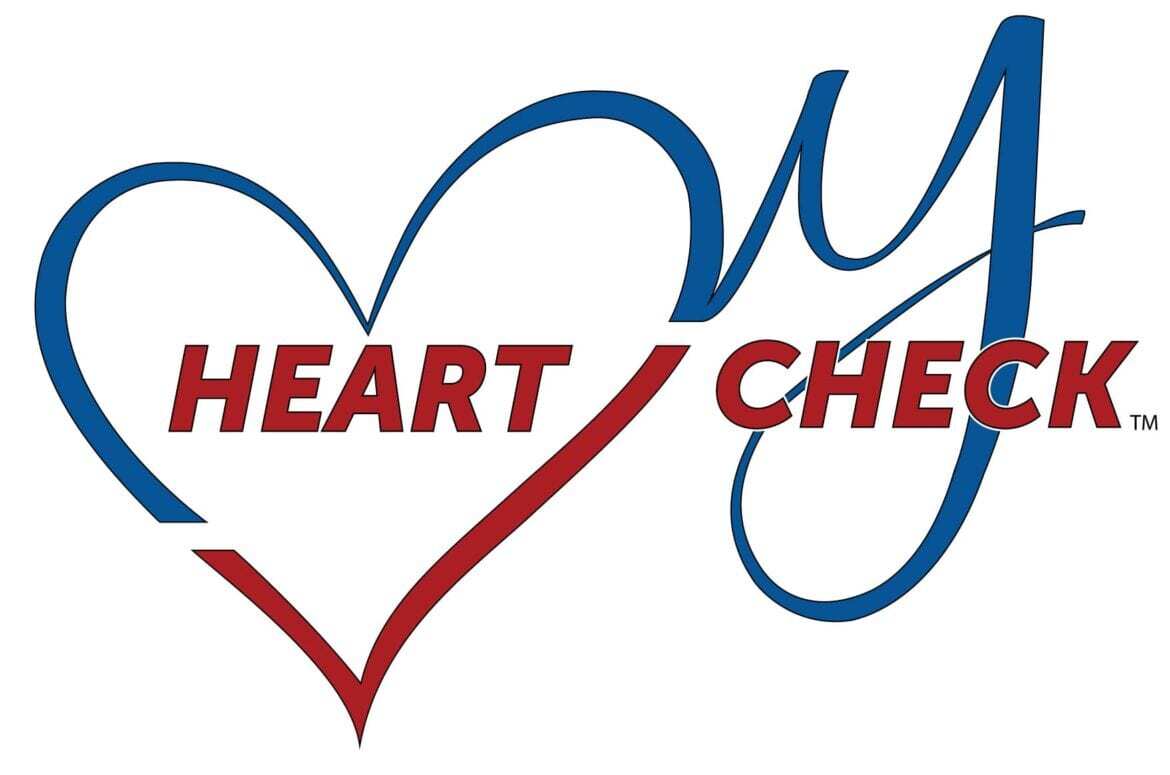Original article
Normal vs. Dangerous Heart Rate: How to Tell the Difference
Your heart rate is the number of times your heart beats in a minute. Your heart rate doesn’t always stay the same. In fact, you may be familiar that it can sometimes change in response to things like your activity level and emotional state.
Heart rate is often measured when you’re at rest and relaxed. This is called your resting heart rate.
For adults, a normal resting heart rate is between 60 and 100 beats per minute (bpm). The normal resting heart rate for children can be higher than that of adults, depending on their age.
While heart rates can vary from person to person, certain heart rates can be considered dangerous. Read on to learn more.
Read the entire article
Share this article
Facebook
Twitter
LinkedIn
Kulman, LLC © All Rights Reserved 2020

